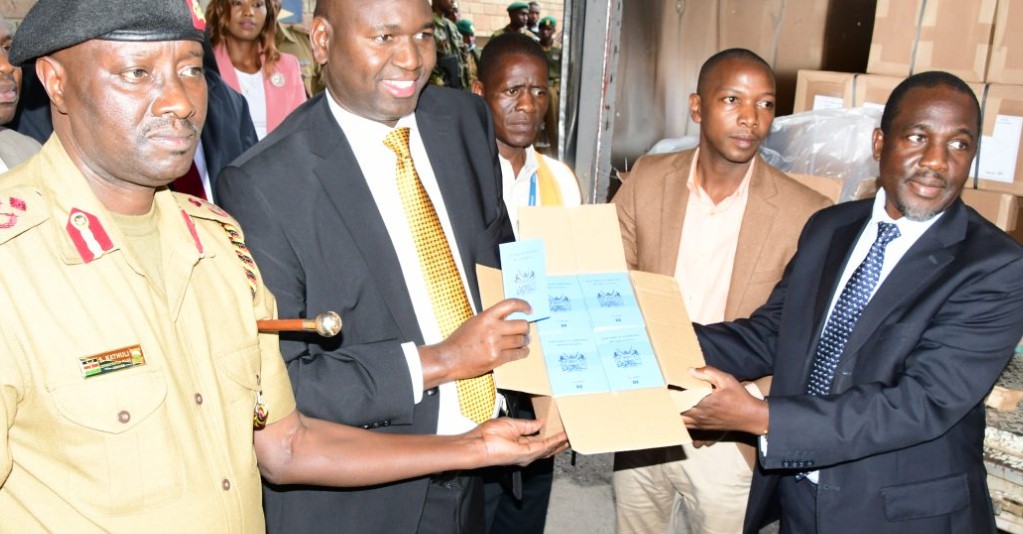The country has received more than 100,000 passport printing booklets to help address the backlog in the issuance of travelling document.
Immigration and citizen services Principal Secretary (PS) Amb. Julius Bitok said the passport booklets had been ordered from abroad two months ago.
He noted that there have been delays in the issuance of passports because their stocks were very low.
“But today am happy to announce that from now on, the process of issuance of passports will be faster and efficient and I urge all Kenyans who have applied for their passports to come and pick them since they will be printed in time,” said Bitok.
The PS praised Kenyans for their patience while assuring individuals who wanted to travel overseas for employment, study, or other reasons that they can now obtain passports and travel whenever it is most convenient for them.
Did you read this?
He spoke on Wednesday at the immigration department's offices at Nyayo House.
In the past, a person may request a 66-page passport and be told that it was out of stock and they could only get a 45-page passport or vice versa. Bitok stated that going forward, there won't be any instances of this happening.
“We are expecting about 20,000 Kenyans who have applied for passports to come for them. Right now, we have received around 100,000 booklets and by the end of this month we are expecting another 100,000 booklets,” assured the PS.
To avoid importing passport booklets from outside, Bitok revealed that the government is in talks with various suppliers about the prospect of creating a Public Private Partnership (PPP) arrangement.
“In the near future we are looking at a situation where the passport booklets are manufactured and printed in Kenya. We have just had a discussion with one of the vendors and we are optimistic that soon we will be making these passports here in Kenya,” said Bitok.
In order to avoid having to wait for passports to arrive from abroad, he added that the present government policy is on PPP and the parties they are negotiating with are in this arrangement.
The gains will be distributed to the people who would pay less for the passports, according to Bitok, who stated that creating the passports locally will guarantee that the cost of production is lower.









